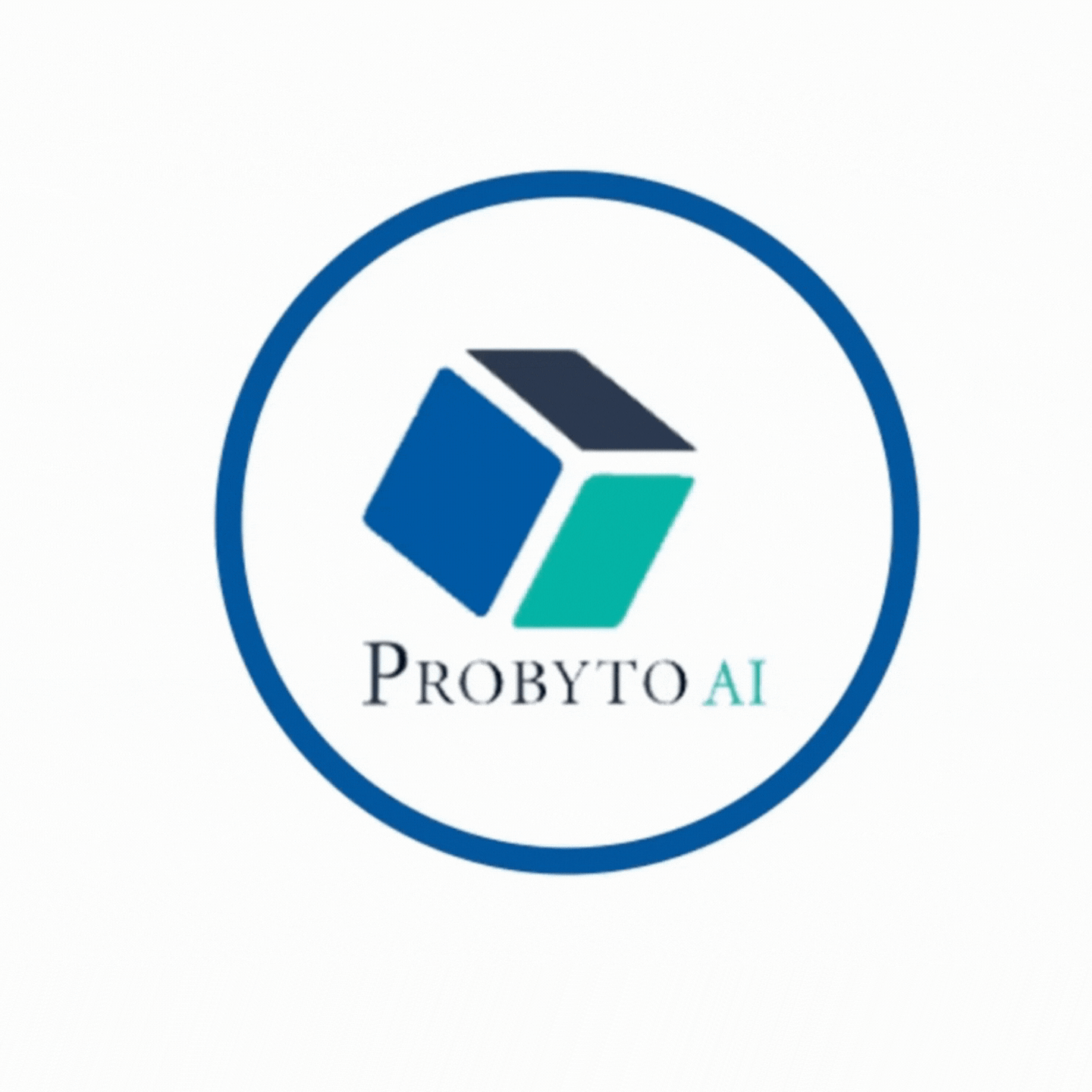
In any business, information comes from all directions – databases, files, and various applications. This data is like the building blocks for your business growth. But to make the most of it, you need to bring it all together, and that’s where data consolidation services step in. Let’s explore why it’s essential and what features to look for.
Data consolidation software brings together, addressing the challenge posed by different systems storing data in unique formats. Its primary functions include standardizing data formats, eliminating duplicates, and rectifying errors, ultimately making the data compatible with the target location, such as a database or data warehouse. This standardization process reduces the likelihood of errors and ensures data quality and accuracy during the integration process.
The significance of such software becomes evident when considering the volume and complexity of data in modern businesses. Consolidation software, equipped with built-in connectors and transformations, automates the integration process, guaranteeing efficiency and reliability. This efficiency becomes increasingly crucial as businesses expand and face higher volumes of data.
Beyond the efficiency gains, consolidation software plays a vital role in connecting isolated segments within an organization. This not only simplifies internal processes but ensures that all units within the enterprise are on the same page, fostering a cohesive and collaborative work environment.
What is Data Consolidation Software?
Think of data consolidation software as a tool that helps you mix and match data from different places to create a complete picture. Every system stores data in its way, and this software makes sure everything fits together neatly, removing mistakes and repeating info.
Why Do You Need It?
- Handle Big Loads of Data Easily:
Manually combining huge amounts of data takes forever and is error-prone. Consolidation software speeds things up, reduces errors, and keeps your data in good shape.
- Connect Different Parts of Your Business:
The more data you have in one place, the easier it is to share and use for everyone in your company. This helps different teams work together smoothly.
- Quick Reporting:
This software makes your data better and more accurate. With reliable data, creating reports and making business decisions becomes faster and more straightforward.
- Boost Data Security:
Keeping your data in one secure place is safer than scattering it across different systems. This simplifies the process of protecting and handling the data.
- Better Control:
Having all your important business data in one place lets you decide what’s crucial and what can be removed. This means better management and more growth opportunities.
Key Features to Look For:
- Integration:
It should work well with other systems, like CRM and ERP, making it easy to bring in data from different sources.
- A scalable solution:
The software should grow as your business expands, handling more data as your company expands.
- Data Validation:
Check for features that spot and fix errors in your data before they cause problems.
- Automation:
Look for Data consolidation tools that save you time by automating tasks, like fixing errors and transforming data.
- Robust Reporting:
It should help you create detailed reports quickly, giving you insights in real time.
- Cost-Effective:
Choose a tool that’s not just fancy but fits your budget. Look for features that make your work efficient without breaking the bank.
In Conclusion
Choosing the appropriate consolidation software plays a pivotal role in simplifying the complex task of gathering data from various sources. In the complex world of business data, where information flows in from databases, files, and different applications, having a tool that easily integrates this diverse data is essential. The objective is to create a cohesive and comprehensive view of the enterprise’s information assets, providing a solid foundation for growth and transformation.
Moreover, the software improves the reporting process and enhances business intelligence by providing a single, trusted source of data. Additionally, consolidation software contributes to better data security by centralizing data in a single cloud-based location, simplifying management, and reducing security risks associated with multiple sources.
An excellent example of consolidation software is Probyto AI, offering a robust data integration solution. It stands out by providing essential features for a successful data consolidation project without requiring extensive coding skills. Probyto AI becomes a go-to partner for businesses, enabling them to use data effortlessly in a way that drives their sustainable growth and accurate decision-making only with this great leader.

